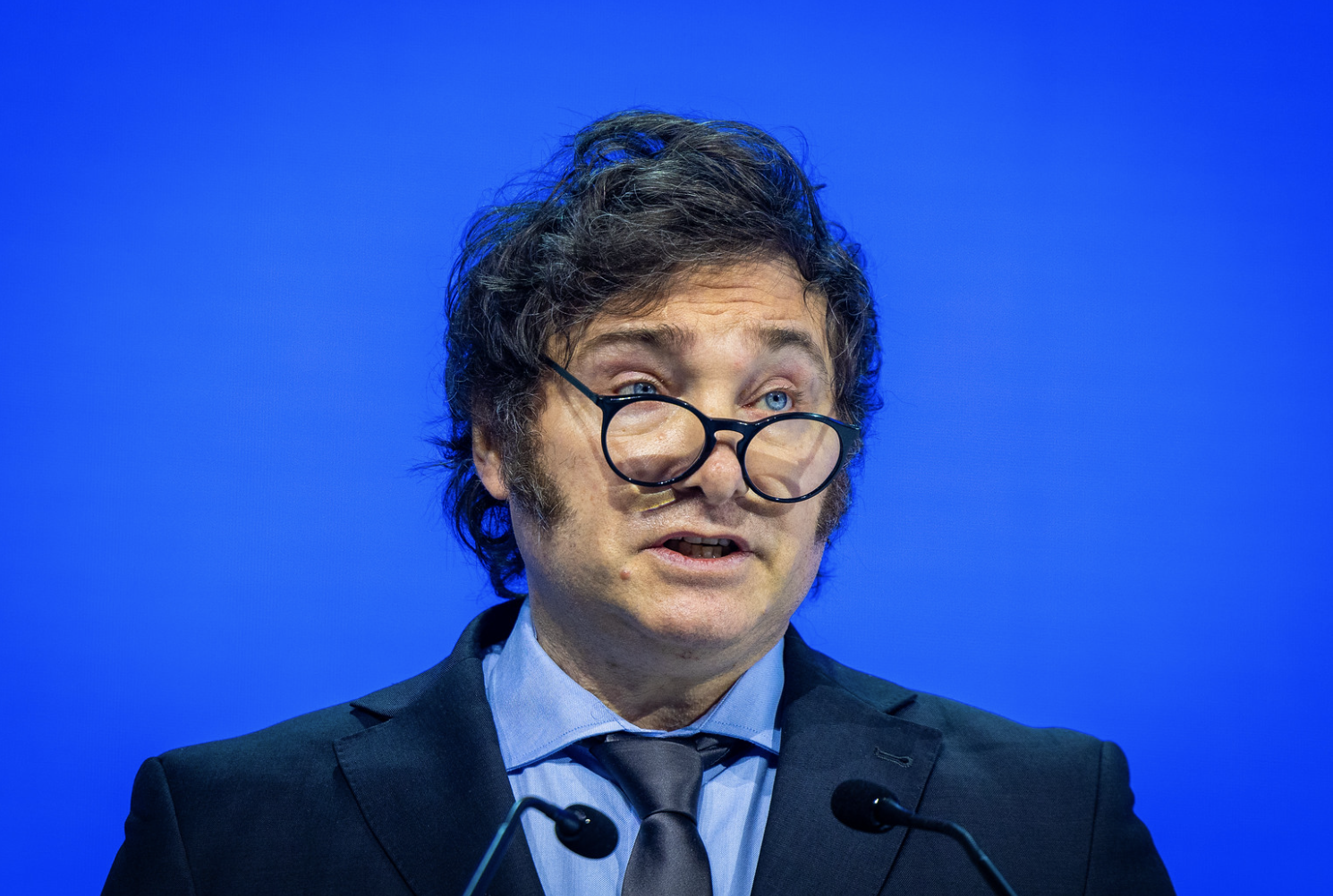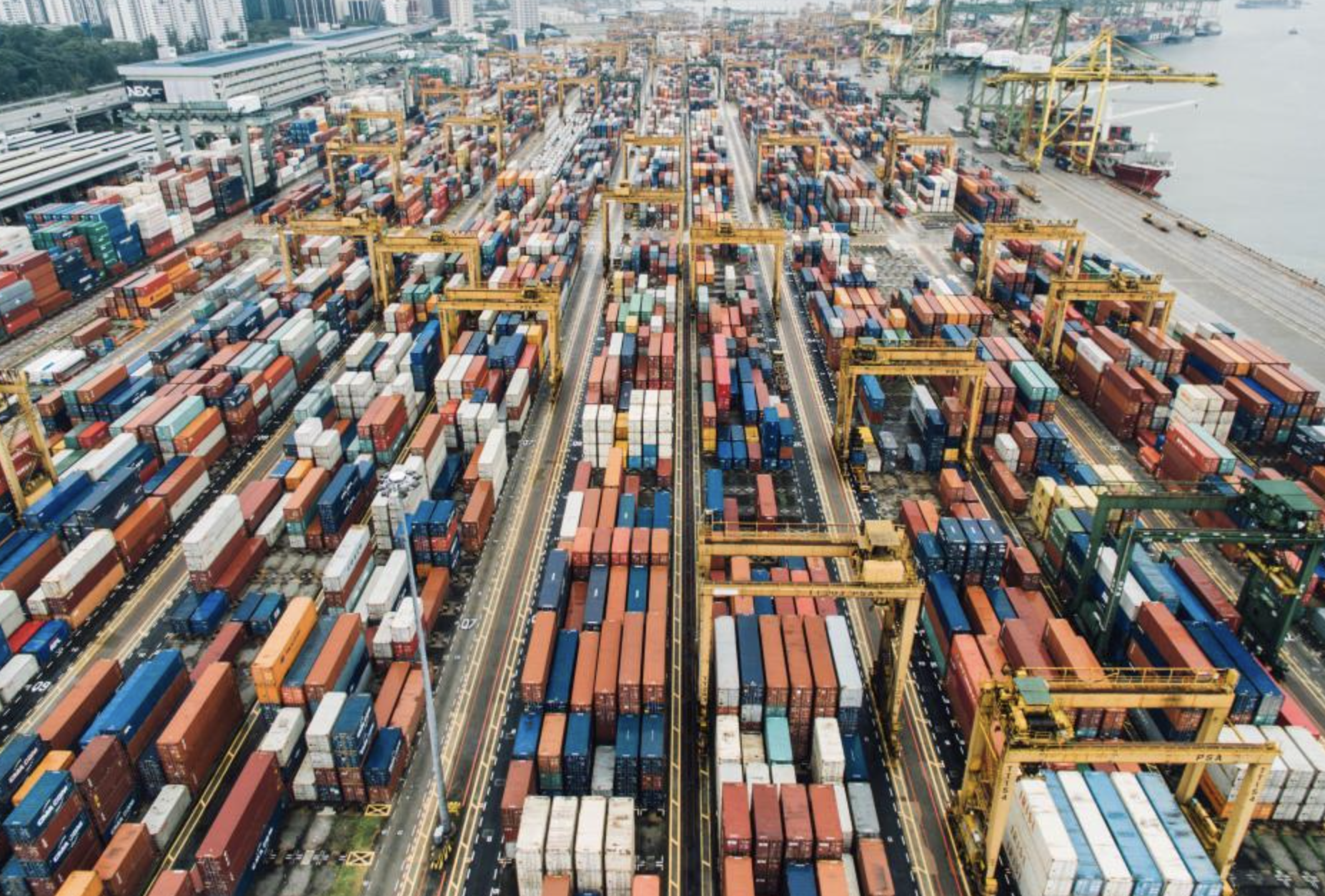News
Javier Milei’s Audacious Bid to Pull Argentina Back from Brink of Economic Ruin
Will President Javier Milei’s so-called ‘shock therapy’ stabilise Argentina’s economy in the long term? Or will institutional decimation and unorthodox policies worsen poorer Argentinians’ social and economic plight?

“It’s the economy, stupid.” This was the catchphrase coined by James Carville during Bill Clinton’s successful 1992 US presidential campaign. Carville, a Clinton campaign strategist, used the prevailing US recession to remind American voters that the economy directly impacted on their finances. His slogan “Change vs More of the Same” was adopted as a pragmatic alternative in a troubled Argentina 30 years later.
Few nations have a more tempestuous relationship with economic orthodoxy than Argentina. The country’s long history of debt crises, defaults and financial experiments reads like a cautionary tale for economists worldwide.
But President Javier Milei, the libertarian firebrand nicknamed “El Loco” who took office in December 2023, has embarked on perhaps the most radical fiscal course in Argentina’s modern history.
His sweeping economic reforms — characterised by fiscal austerity and a religious commitment to deregulation — signal an audacious attempt to rescue a country that has been teetering on the brink of economic ruin for decades.
Just over a year into his free-market crusade, critics argue that Milei’s overly ideological approach ignores Argentina’s unique economic and cultural vulnerabilities, which may not be easily remedied through textbook libertarianism. Economic theory does not always translate neatly into reality, especially in a country with Argentina’s complexities.
As someone who “speaks directly with God” and claims to hold a “divine mandate” in a Catholic country where sporting icons have even used the “hand of God” to win a Fifa World Cup title, who might argue otherwise?
The International Monetary Fund (IMF) has overseen no fewer than 21 bailouts to Argentina. Defaulting on its sovereign debt three times since 2001, Argentina had come to be characterised by debt defaults, a culture of dependency on loans and bailouts, and hyperinflation.
Not that these changed habits. Argentina secured a record-breaking $57-billion loan from the IMF in June 2018. The package did little to stem the tide of financial instability.
Milei’s reset
In desperate need of a reset, enter Milei.
His vision is clear: dismantle the interventionist policies that have long dominated Argentine economic policy, rein in inflation and restore credibility to a serial defaulter. His approach was to “stop the bleeding” and steer away from yet another inevitable crisis by mixing blunt tactics and outrageous insults.
Will this so-called “shock therapy” stabilise Argentina’s economy in the long term? Or will institutional decimation and unorthodox policies worsen poorer Argentinians’ social and economic plight?
Drastic measures to cut public spending, fix the exchange rate in the absence of outright dollarisation, curb the inflationary spiral and eliminate subsidies have sparked widespread hardship, with poverty levels spiking above 50% in 2024. According to government numbers, these have since come down to around 35%.
But history repeats itself as Argentina seeks IMF funding once again, this time a relatively paltry $12-billion. It argues that the proposed deal would allow the government to make further reforms while providing political breathing space with the legislative elections scheduled for this October.
Milei says the alternative for Argentina is even worse without such funding and, consequently, reforms. He is correct about the reforms, perhaps less about the need for external funding given the history and the fact that Argentinians already have more than $300-billion in externalised assets. They prefer not to return these, given the history of hyperinflation.
To gain their trust, he has to liberalise the exchange rate, reducing the gap between the black market and official rate, currently at nearly 30%.
Thus, the IMF deal is not a panacea. Argentina’s economic woes are as much about governance, political will, societal resilience and shifting a culture of dependency as they are about numbers on a balance sheet.
Overvalued peso
At current values, the Argentine peso is choking local industry and exports and encouraging imports.
According to the Big Mac Index, a purchasing power measurement created by The Economist, the peso is overvalued by nearly 55% to the US dollar. By comparison, South Africa’s rand is undervalued by 40% on the same index.
Such disparities underscore the continued distortions in certain exchange rates – like those in Argentina – where local pricing and economic fundamentals frequently diverge from official valuations.
For countries seeking competitive performance and sustained growth, cheap is good. Day-to-day business, visiting tourists, and long-term investments thrive in low-cost environments seeking growth and development from private or external capital.
This is not the case in Argentina right now, where a meal in the tourist districts of Buenos Aires is on par with Paris and New York, while Argentine salaries remain well below the average of middle-income countries.
All this has led to growing discontent, which often manifests in social protests like those seen in mid-March, where more than 100 people were arrested and 50 were injured while opposing pension reforms outside Congress in Buenos Aires.
Free-market faith
Despite the lack of legislative support, media criticism, and his being uncharacteristically asocial by Argentine standards, Milei is seen as authentic and popular. His religious faith in free-market principles is driven by the belief that Argentina’s salvation lies in minimal government intervention and the empowerment of private enterprise.

This is a stark departure from the Peronist policies that have dominated Argentine politics for decades, failing to improve the lives of Argentines. Today, per-capita income is unchanged from the late 1990s. At the same time, the demographics of an ageing population have seen a doubling of pensioners and a 2.5-fold increase in social security over the same period.
While Milei entered the fold with an economic mandate, his approach and rhetoric have confronted the Argentine culture and hierarchy of power dating back to pre-1900 when Argentina was one of the richest countries in the world, through a series of messianic leaders starting with Juan Perón and entrenched by Peronism and radical populism under the Kirchners.
Contrary to his unusual approach and outspoken criticism of the political elite, the “crazy one” has proven remarkably politically savvy, disrupting traditional coalitions and shifting the behaviour of Argentines over the past year.
The international financial community and Argentines themselves remain divided on whether Milei’s strategy will pay off. The success of his policies will ultimately depend on whether Argentina can maintain fiscal discipline while mitigating the associated social consequences and garnering the material support of big business and international investors.
This requires an experienced team with a respected technocratic class, both clearly absent from economic decision-making today.
Blunders, spats and scandals
Paranoia and intolerance of alternative views have crept into Milei’s repertoire, prompting experts to question whether he is out of his depth. A mix of congressional blunders, public spats and a few scandals are fuelling growing criticism.
Elected on the back of an anti-establishment and economically competitive agenda staunchly opposed to the abuse of power, Milei has emerged as something of a paradox.
Argentinians unanimously agree: the only thing worse than Milei is the failure of Milei. This is based on the fear of another crisis or, worse, the return of Kirchner-led Peronism.
The coming months will reveal whether Milei’s brand of economic shock therapy is a cure – or just another chapter in Argentina’s long history of financial turmoil.
This article originally appeared on the Daily Maverick



